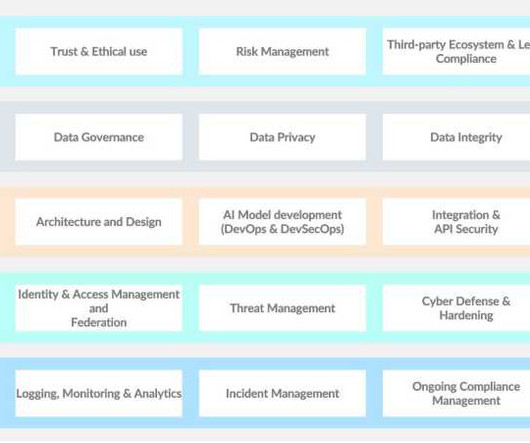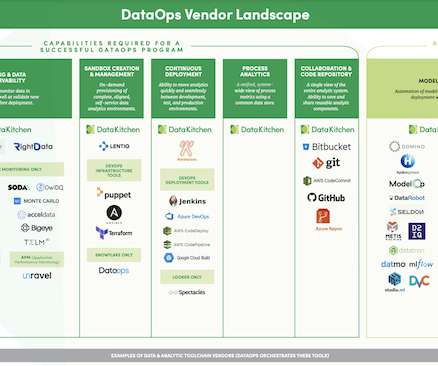6 trends framing the state of AI and ML
O'Reilly on Data
MARCH 19, 2020
We use it as a data source for our annual platform analysis , and we’re using it as the basis for this report, where we take a close look at the most-used and most-searched topics in machine learning (ML) and artificial intelligence (AI) on O’Reilly [1]. that support unsupervised learning. What’s driving this growth?



























Let's personalize your content